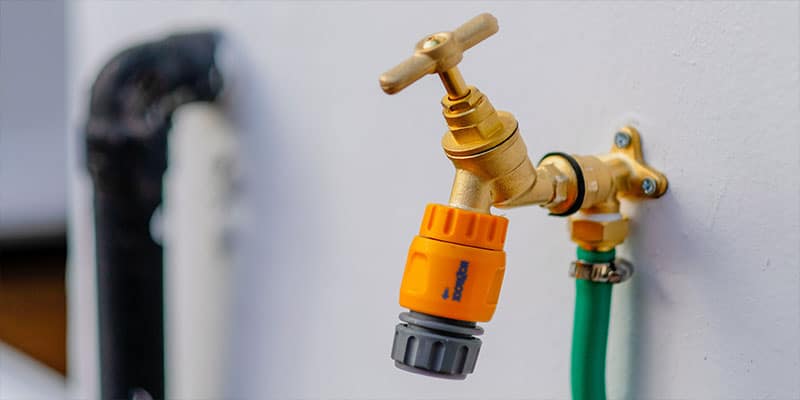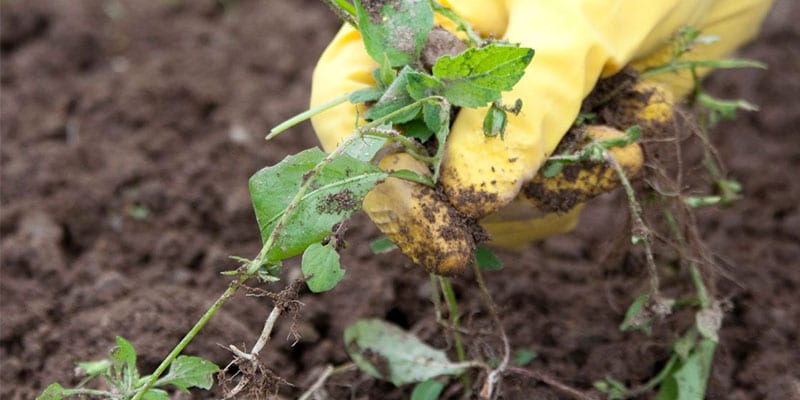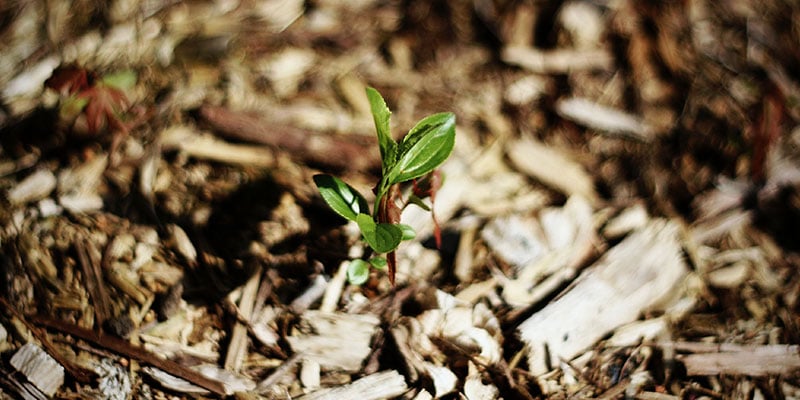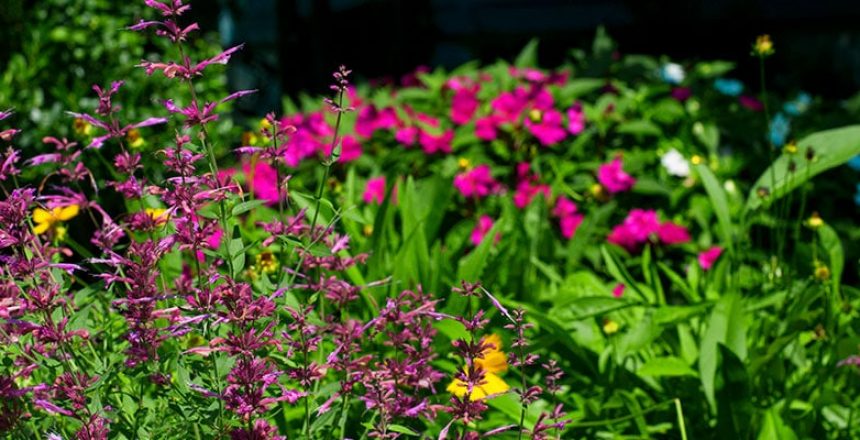As we plant our gardens this spring, we’re delighted by the temperate climate of springtime; delighted and fooled, because it’s so easy to forget, as you happily mulched and raked on a mild 80° day, that very soon the warm sun will turn unbearably hot and the humidity will become so thick it will prevent proper breathing patterns while pulling weeds. Summer will be baking Central Jersey with extremely hot temperatures, and we’re 99 percent sure the heat won’t let up. In the summer, as the mercury in the thermometer inches higher and higher every day, it’s not just the tomato plants that are wilting, but also your desire to perform those necessary gardening chores that, just a few weeks ago, you described as FUN. Do not give up on your garden, however, because the solution to keeping your garden going is the same thing that keeps you going in the heat: proper hydration. While every gardener understands that water is the life source of a vibrant and healthy garden, at this juncture in the gardening season, it is when you water, and how you enable the plants to retain the water, that is important. Follow these tips (and drink lots of water yourself) and you can keep your garden, and your spirits, from wilting. Here are a few summer gardening tips to help you maintain your home garden.

(courtesy of Unsplash)
Watering Your Plants
If you are not an early morning person, prepare to become one, as this is the best time of day to water your garden. Many plants will wilt under a hot sun, even if the soil is moist. Examine your plants first thing in the morning when it’s cooler. If they are wilted, go ahead and water, and water deeply, as this encourages roots to grow deeper and get away from the hot soil surface.
Avoid wetting plant leaves when possible, as wet leaves encourage disease. Using a sprinkler system will obviously wet the leaves, so do this in the early morning when leaves may already be wet with dew; the foliage will dry early and reduce the risk of disease.
The best time to water your grass is early in the mornings, before 10:00 a.m. if possible. Hot, sunny afternoons are not ideal as the water may evaporate before the grass can absorb what it needs. Watering overnight could lead to problems with disease. Always do a spring checkup of the entire sprinkler system for any damaged pipes or irrigation heads during the winter months. If you are unfamiliar with your sprinkler system and how to prep it for spring please consult with a professional.
Watch your garden for an “indicator” plant, which is the first plant to wilt as the soil becomes dry. You will know to water when that particular plant has droopy leaves. The first to wilt is usually a cucumber or squash, because the big leaves quickly lose lots of moisture. On a very hot and sunny day, however, these big-leafed plants will wilt a little in mid-day no matter what, but a healthy plant will recover quickly in the cooler evening.

(courtesy of Unsplash)
Weed Often
Any gardener who has fought a battle with weeds knows how strong and overbearing they can quickly become. Just like vegetables, weeds get thirsty, and they will compete with domestic plants for valuable water. While you are watering in the early morning hours, make a habit of checking the rows for weeds. Throw them out of you garden before they become troublesome.

(courtesy of Unsplash)
The Importance of Mulch
Using mulch helps to conserve water in your garden beds. Mulching around your garden plants with grass cuttings, straw, or shredded leaves provides a barrier between the hot sun and the soil, keeping the soil cooler and preventing it from drying out too quickly. Be careful to keep the mulch loose; don’t lay it on too thick or allow it to become compacted, as that will prevent precious water from reaching soil underneath.
Additional tips:
1. Make sure to water your lawn after fertilizing it. Fertilizer granules left on the grass in hot weather will draw water out of the blades.
2. You should only use oil sprays in early morning when it’s cool. Spraying them when it’s hot could burn the plant’s foliage.
3. Be sure to keep an eye on your containers. Plants in containers need more frequent watering than those in the ground. In hot weather, they may need watering twice a day.
4. If you have a project in mind to build your dream landscape, seek professional help. The Cutting Edge team has years of gardening experience and will meet every expectation you have. Contact us today!


1 thought on “Summer Gardening Tips Your Home Garden”
Hi,
Loved this article especially point about Summer Gardening Tips Your Home Garden
sharing this on facebook and pinterest